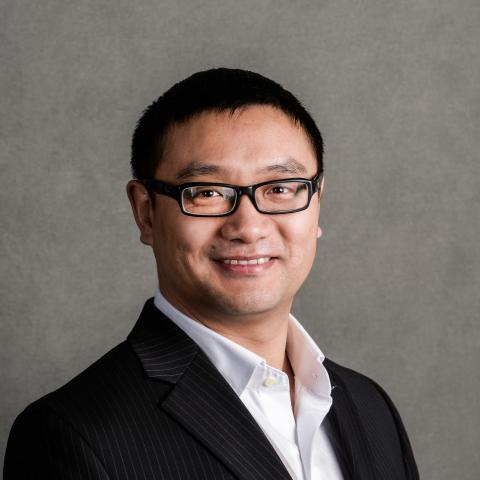Lixing Yang, Ph.D.
Assistant Professor
Ben May Department for Cancer Research
Department of Human Genetics
The University of Chicago
Seminar Information

Genome rearrangements are large-scale structural changes of DNA including deletions, duplications, inversions, translocations and other complex forms. Somatic genome rearrangements are abundant in human cancer as genome instability is a hallmark of cancer. My lab has been studying how somatic rearrangements occur and how they drive cancer. Using nearly 3000 whole-genome sequenced tumor samples across 40 tumor types, we found half of the tumors carry highly complex rearrangements. We then developed a new method to model the topology of complex rearrangements and discovered six signatures which suggested that there are likely multiple independent molecular mechanisms leading to the formation of complex rearrangements. Furthermore, we developed another algorithm to study the functional consequences of somatic rearrangements located in non-coding regions since the vast majority of them do not disrupt protein-coding genes. We discovered and experimentally validated several oncogenic non-coding RNAs activated by relocated enhancers. Our studies have provided new insights to disease etiology and can potentially improve patient care.
Dr. Yang obtained his PhD in genetics from the University of Georgia. His postdoc training in biomedical informatics was at Harvard Medical School. In 2017, he started his own lab in Ben May Department for Cancer Research at the University of Chicago. His lab focuses on the genomics of human cancer. As junior faculty, he has won several awards including NCI Transition Career Development Award, Young Investigator Awards from Cancer Research Foundation and Melanoma Research Alliance, etc. His lab develops new computational methods to integrate the large scale genomic, transcriptomic, epigenetic and clinical data to understand the mechanisms of tumorigenesis, discover new drug targets and help patients.
